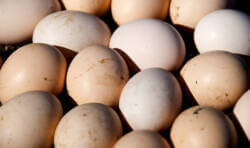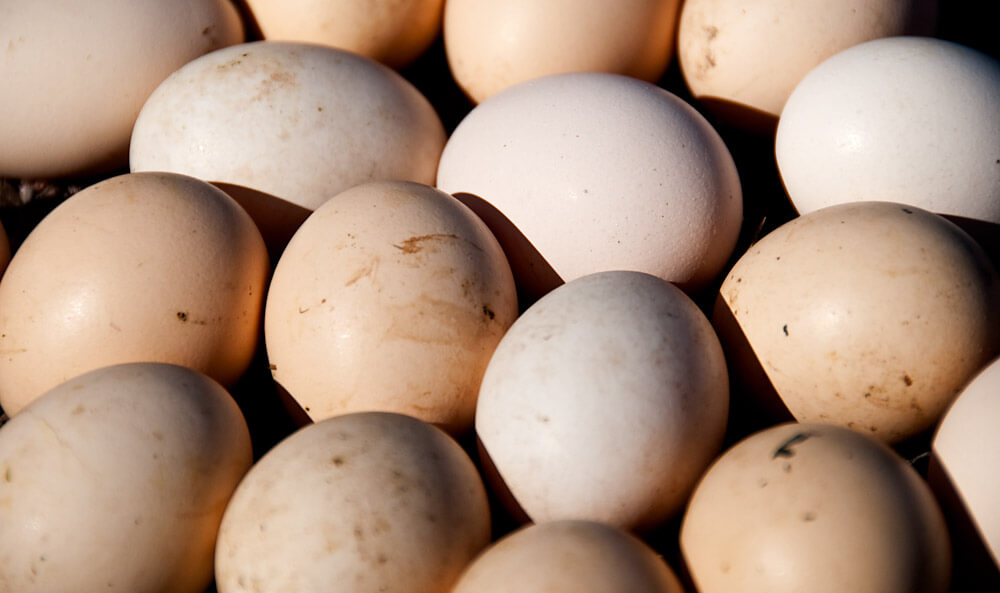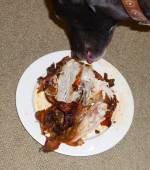Mannisen mainiosta blogista löytyi mielenkiintoinen juttuvinkki. Katsausartikkeli harjoittelun jälkeiseen ravitsemukseen. Ei tuosta tavan ruokkija mitään irti saa, mutta urheilukoirien – ja miksei metsästävienkin – treenarit löytävät helpostikin ajattelun aihetta. Koko ajan on tietenkin muistettava, että koira ei ole ihminen.

Lajien aineenvaihdunta on erilaista, kuten myös energian tuotto. Jo pitkään on tiedetty, että koirilla ei hiilihydraattitankkaus ole järkevää (tai edes hyödyllistä),
koska koira hyödyntää sprinttisuorituksissa ravintorasvan vähintään yhtä hyvin, kestävyyspuolella jopa paremmin kuin hiilihydraatit. Jutun anti on lähinnä sen painotus proteiineihin suorituksen jälkeen. Ei tässäkään mitään uutta ole, mutta ilmeisesti on aika ajoin muistutettava, että valkuaisilla saadaan parempi vaste palautumisessa. Insuliinin nostossa hiilihydraateilla ei ole suurtakaan mieltä, koska tyhjässä aminohappopoolissa ei ole rakennusaineita mitä viedä soluihin. Ja mikä parasta tässä katsauksessa, niin se on kokonaisuudessaan ladattavissa. Tarjolla ei ole pelkkää yhteenvetoa.
Nutritional Strategies to Promote Postexercise Recovery
During postexercise recovery, optimal nutritional intake is important to replenish endogenous substrate stores and to facilitate muscle-damage repair and reconditioning. After exhaustive endurance-type exercise, muscle glycogen repletion forms the most important factor determining the time needed to recover. Postexercise carbohydrate (CHO) ingestion has been well established as the most important determinant of muscle glycogen synthesis. Coingestion of protein and/or amino acids does not seem to further increase muscle glycogensynthesis rates when CHO intake exceeds 1.2 g · kg–1 · hr–1. However, from a practical point of view it is not always feasible to ingest such large amounts of CHO. The combined ingestion of a small amount of protein (0.2–0.4 g · kg–1 · hr–1) with less CHO (0.8 g · kg–1 · hr–1) stimulates endogenous insulin release and results in similar muscle glycogen-repletion rates as the ingestion of 1.2 g · kg–1 · hr–1 CHO. Furthermore, postexercise protein and/or amino acid administration is warranted to stimulate muscle protein synthesis, inhibit protein breakdown, and allow net muscle protein accretion. The consumption of ~20 g intact protein, or an equivalent of ~9 g essential amino acids, has been reported to maximize muscle protein-synthesis rates during the first hours of postexercise recovery. Ingestion of such small amounts of dietary protein 5 or 6 times daily might support maximal muscle protein-synthesis rates throughout the day. Consuming CHO and protein during the early phases of recovery has been shown to positively affect subsequent exercise performance and could be of specific benefit for athletes involved in multiple training or competition sessions on the same or consecutive days.




